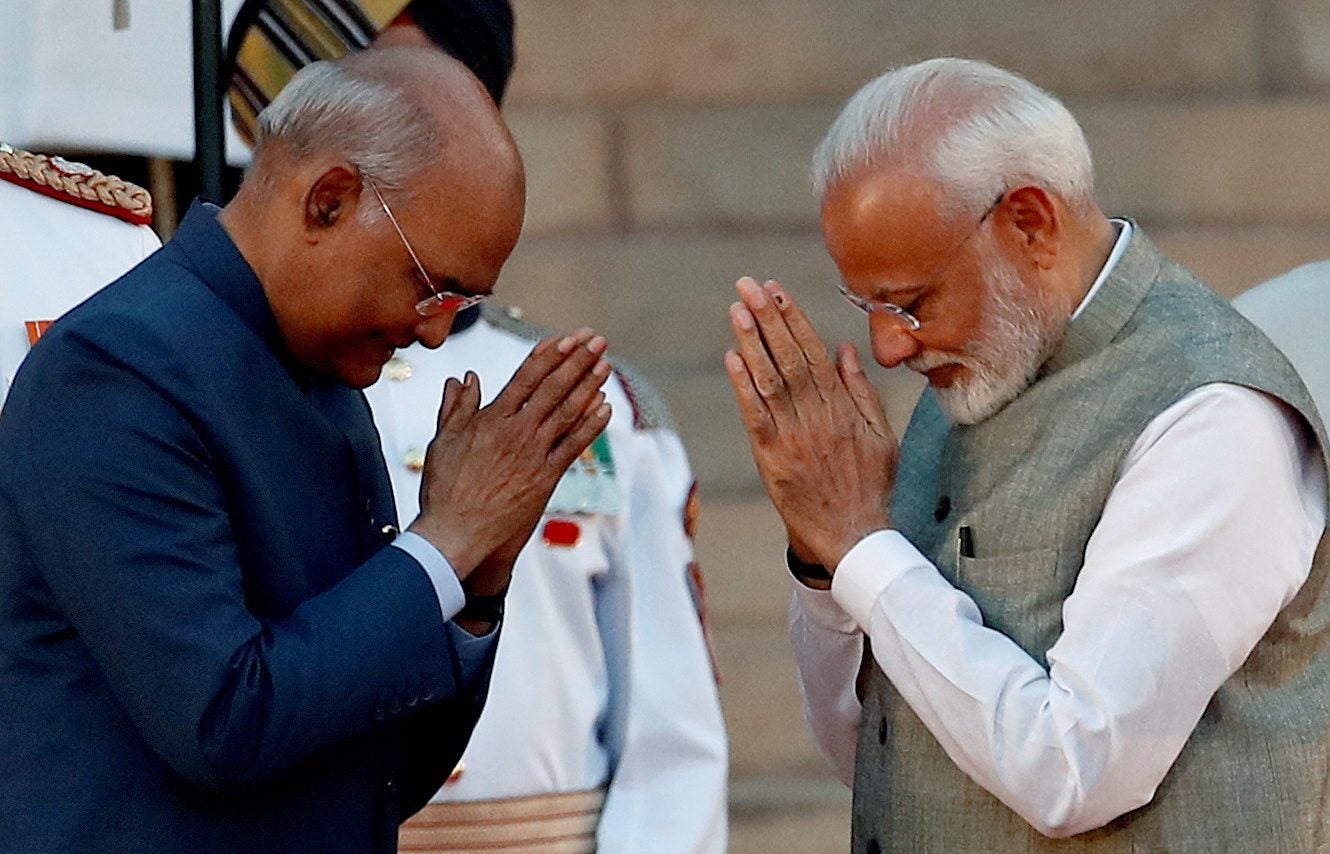Modi inherits a troubled economy—all credit goes to him
As he begins his second term as India’s prime minister, Narendra Modi inherits a fractured economy, for which he has no one to blame but himself.


As he begins his second term as India’s prime minister, Narendra Modi inherits a fractured economy, for which he has no one to blame but himself.
The lack of structural changes in his first term has led to a slowdown on many fronts.
Early estimates for GDP growth in financial year 2019 indicate the troubles in the economy. The economy may have expanded at 6.9% in the period, the slowest in five years. This is even lower than in 2016, when the Modi government had implemented the controversial note-ban, or the following year when the disruptive goods and the services tax (GST) was introduced.
Foreign direct investments (FDI) into India fell for the first time in six years in financial year 2019, official data from India’s department of industrial policy and promotion, released on May 28, showed. FDI equity inflows declined 1% to $44.4 billion (Rs3 lakh crore) in the same year, suggesting tepid investments in the long term.
Consumption growth, too, has hit a speed bump. Hindustan Unilever, the country’s largest consumer goods firm, said, while announcing company earnings earlier this month, that “households may have gradually reduced consumption due to insufficient income growth.”
Yet, consumer goods items are usually the last to feel the pinch.
Spending on big-ticket items has already been hit. Car sales fell 16% in April to their lowest level in eight years. In the same month, domestic air travel contracted 4.5%, the first fall in nearly five years.
Another bugbear is the employment scenario. During January-April 2019, there were 42 million people willing to work but with no jobs, according to the Centre for Monitoring Indian Economy (CMIE), a Mumbai-based think-tank.
All this points to a bumpy ride ahead for the economy. Even if India holds on to the fastest-growing major economy tag, it will only be because other countries are slowing down, too.
Whose fault?
The Indian economy is grappling with domestic issues, while global macroeconomic conditions are favourable.
In fact, the ongoing trade tensions between the US and China can even benefit India if the country plays its cards right, said Milan Vaishnav, the director of the Carnegie Endowment for International Peace in South Asia.
“The global environment is relatively benign for India. Oil prices have risen somewhat but are well below the elevated levels we saw a few years ago. There is plenty of FDI looking for a home and India can continue to harness foreign interest in India’s economy,” Vaishnav said. “The major hurdles are largely domestic in nature—investment climate, structural constraints in the manufacturing sector, and agrarian distress.”
The Modi government’s failure to address these hurdles has stifled growth, particularly in the agrarian sector.
This year, the monsoons may be below normal, potentially aggravating the rural crisis. In 2018-19, the agriculture sector grew at its slowest pace (2.8%) in three years, according to a report by Care Ratings. This year, too, growth may be sluggish.
What needs to be done
The government must focus on making long-term fixes, instead of opting for stop-gap measures like farm-loan waivers, believe economists.
“These booster doses only provide short-term relief to farmers and the small, marginal farmers, who need it the most, are not able to avail these benefits,” added Pant. “Also, the fact that the government needs to step in to provide these booster doses suggests that there is a structural flaw which needs to be addressed immediately,” said Devendra Kumar Pant, chief economist at India Ratings.
The government must also revitalise subdued private investments. It may want to focus on labour and land reforms, privatise public sector units, and encourage greater overseas and private investments in infrastructure, a report by Kotak Institutional Equities noted.
It must also make administrative, judicial, and police reforms a priority, according to Vaishnav.
“What is needed is the political will and interest in taking the fight on,” he said.